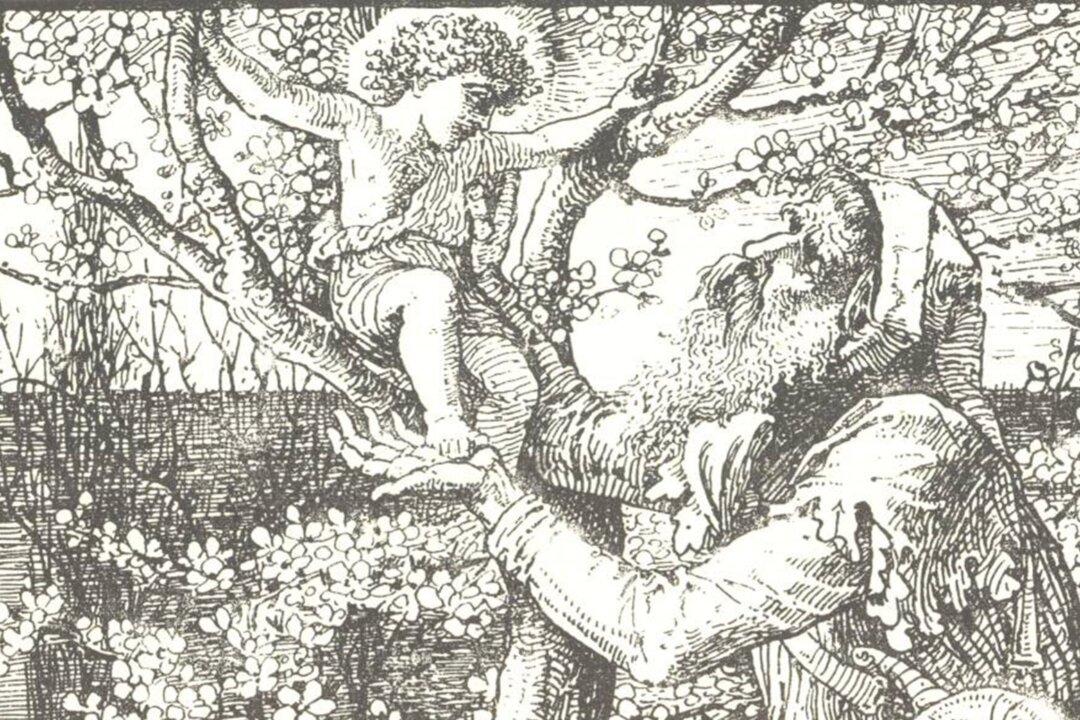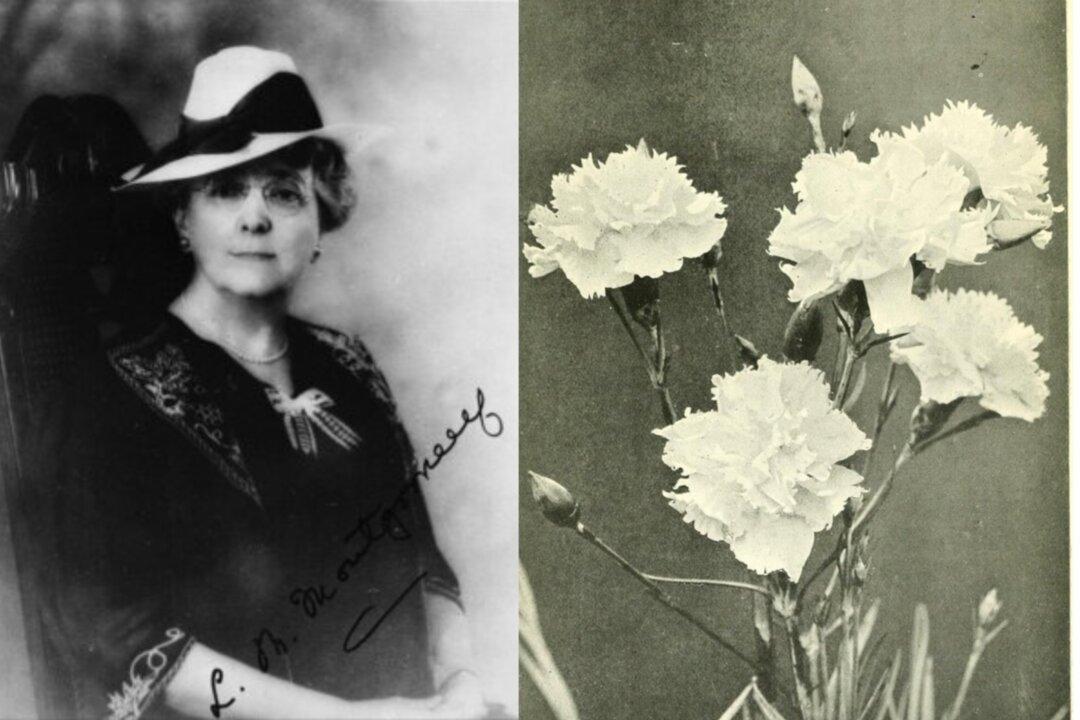In a very selfish world, it can be difficult to be selfless. Selfishness, though appealing and advantageous in many ways, doesn’t bring joy to us or those around us. Only selflessness brings true joy.
In Oscar Wilde’s short story “The Selfish Giant,” the Giant learns that selfishness creates a cold world, while selflessness can make anywhere paradise.






